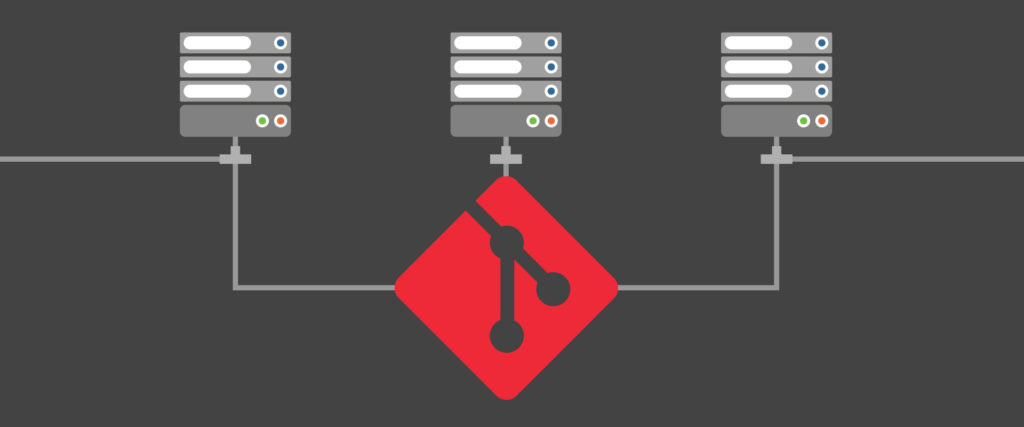Article
Enterprise Systems for Technology Companies
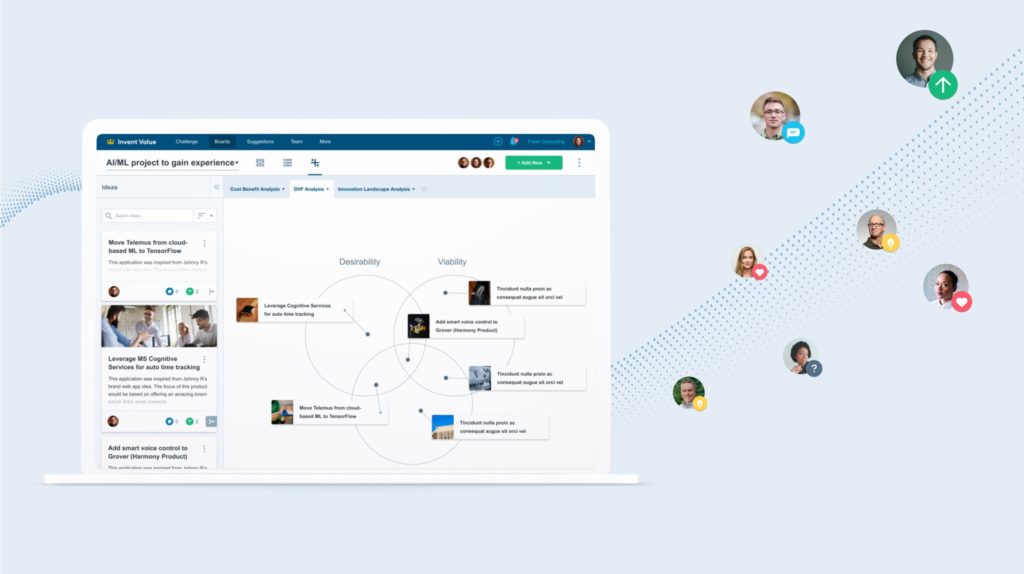
The right enterprise system will provide powerful knowledge management designed to streamline your company’s data flow and help your whole team integrate and coordinate its business processes. Enterprise systems are used across small, medium, and large companies to facilitate company-wide access to business data, boost employee productivity, reduce the duplication or misrepresentation of company information, and save money.
In this article, we will review the core elements behind advanced enterprise systems and how technology companies benefit from them.
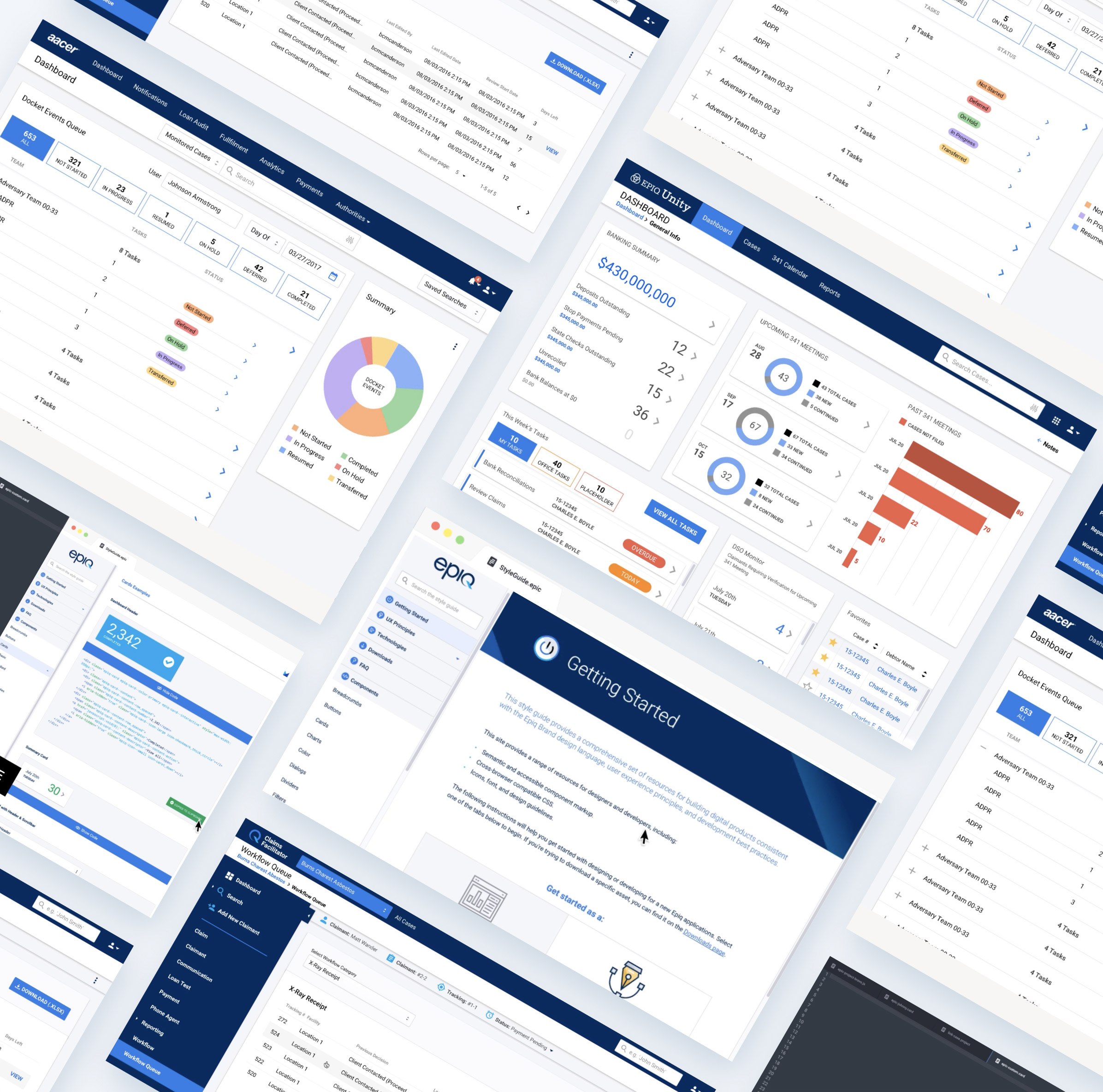
Implementing quality enterprise systems
By implementing the right enterprise system, you can effectively replace multiple independent systems with a unified, streamlined process, maximizing your business intelligence. For example, an enterprise system can support the entire sales process, from orders to payments. This type of software package can also be used for customer service management, supply chain management, and enterprise resource planning (ERP).
It’s important to note that off-the-shelf enterprise solutions rarely meet business users’ requirements. And when a turnkey software solution falls short, the results can be costly. Whether your use case is customer service management or supply chain management, your system will be handling a huge amount of sensitive data and serving a user database whose needs will change.
At Fresh, we understand the need for a customized solution equipped to handle cross-functional organizational responsibilities. What’s more, our enterprise solutions are also designed with longevity in mind, so they can adapt and grow along sustainably with your company.
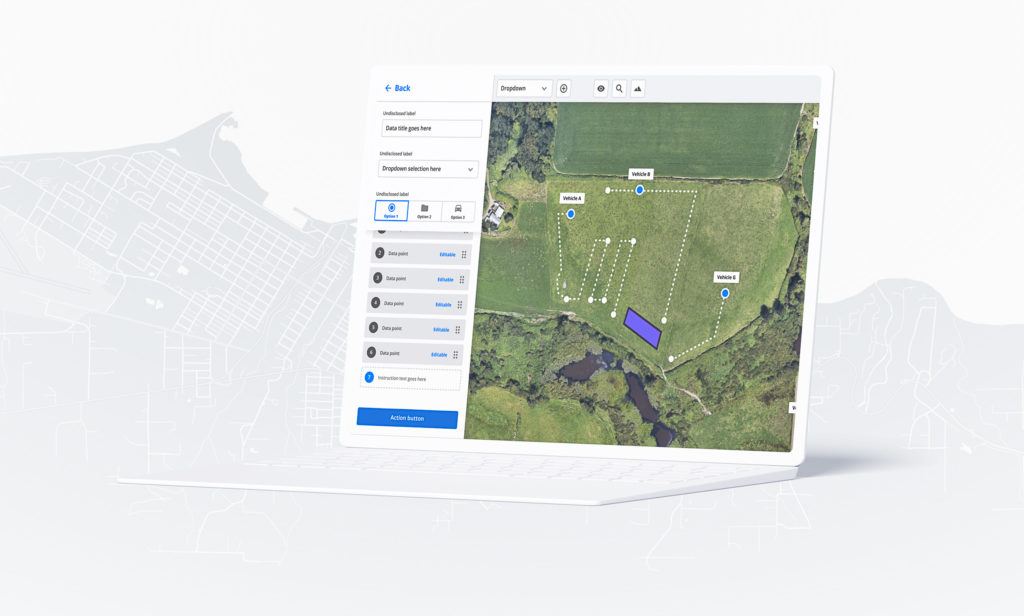
Enterprise systems in action
Here are some examples of enterprise systems our team at Fresh has designed from the ground up to meet specific client needs:
- United Rentals robot operational control: We streamlined United Rentals’ management of autonomous delivery vehicles in construction sites by creating an enterprise solution that unifies control of operations, scheduling, data acquisition, and fleet management.
- Epiq Systems unified design language system: After a merger between DTI and Epiq Systems, we constructed a unified, consistently branded user experience (UX) by creating a unified design system and style guide across their enterprise systems.
- Harbor Wholesale inventory management app: We leveraged foods distributor Harbor Wholesale’s existing technology to architect a seamless inventory management system solution that gives them an edge over national competitors.
- CBRE’s comprehensive product suite: As one of the world’s largest commercial real estate services, CBRE wanted to implement consistency across all customer touchpoints. We achieved this by combining strategic consultation, creative expertise, and technical output.
- Ikonix maintenance workflow app: Due to the popularity of its electrical safety compliance instruments, Ikonix supplies more than 3,000 organizations a year. We overhauled their legacy software with an app that ensures employee productivity and increases consumer safety.
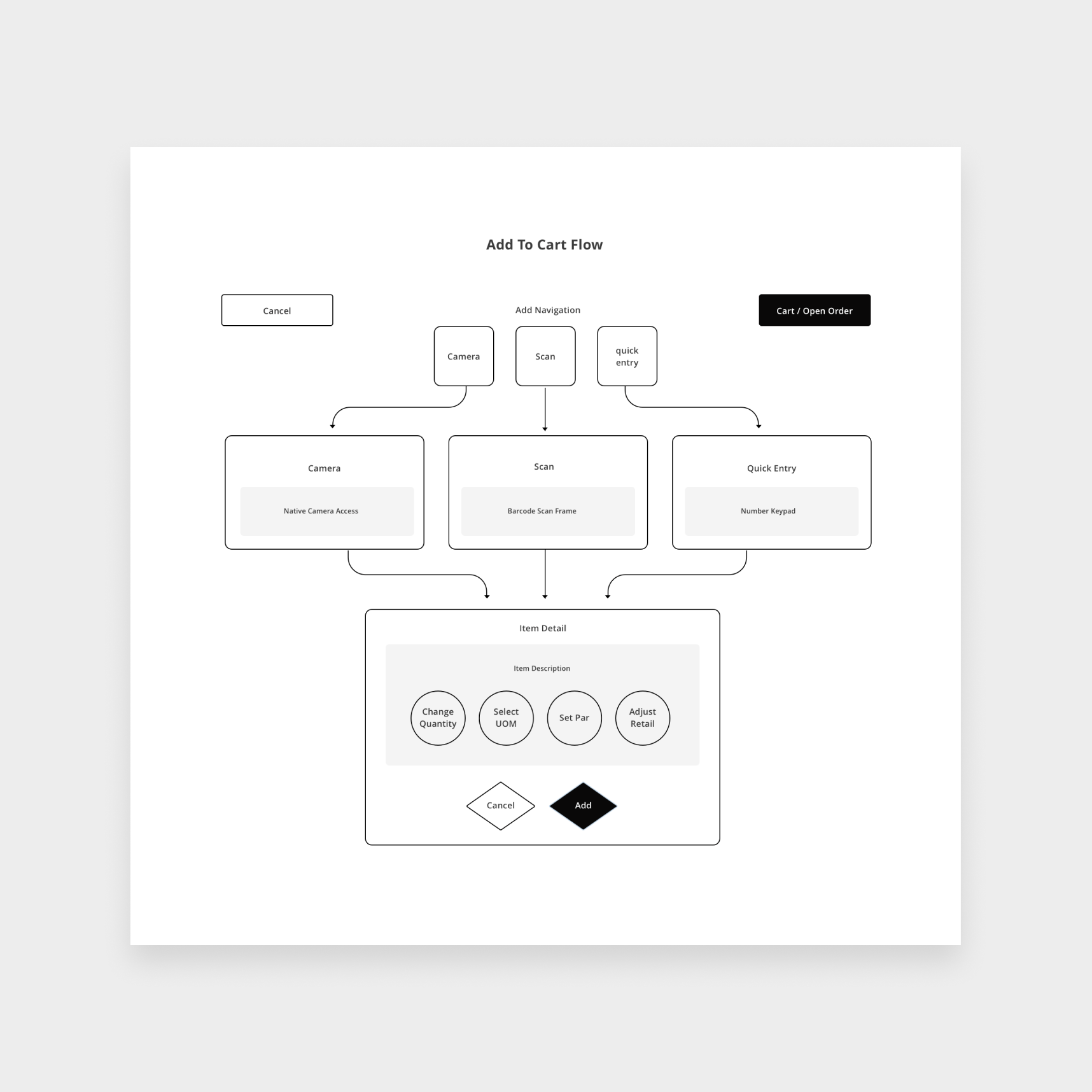
The elements and benefits of advanced enterprise systems
How important is an enterprise system to your business? High-performing enterprise systems function as a command hub for your teams, with the benefits of:
- Streamlined data storage: An enterprise system organizes your data safely for easy access. This allows quick retrieval and increases customer satisfaction and also enables managers to make timely decisions.
- Automated customer service processes: Automating your customer service process with an ERP makes it easier to provide clients with a high level of service consistently. ERPs also allow for more easily tracking of customer service communications.
- Streamlined workflow: Having real-time, high-level access to data empowers teams by speeding up your company’s processes. Project management is made more efficient. Also, sharing information is much safer.
- Reduced business costs: Because of increased efficiency and productivity, an enterprise system reduces business costs in the long term, allowing your company to reinvest a percentage of its budget.
- Improved supply chain: Because you have real-time access to customer data, including where, when, and how an order was placed and supplier delivery details, you can streamline your supply chain and reduce costs.
- Improved forecasting: Enterprise systems make it easier for you to examine your business needs, set business goals, and assess how successfully your company is reaching them. You can quickly check KPIs for data like expenses, productivity, and customer satisfaction in real-time.
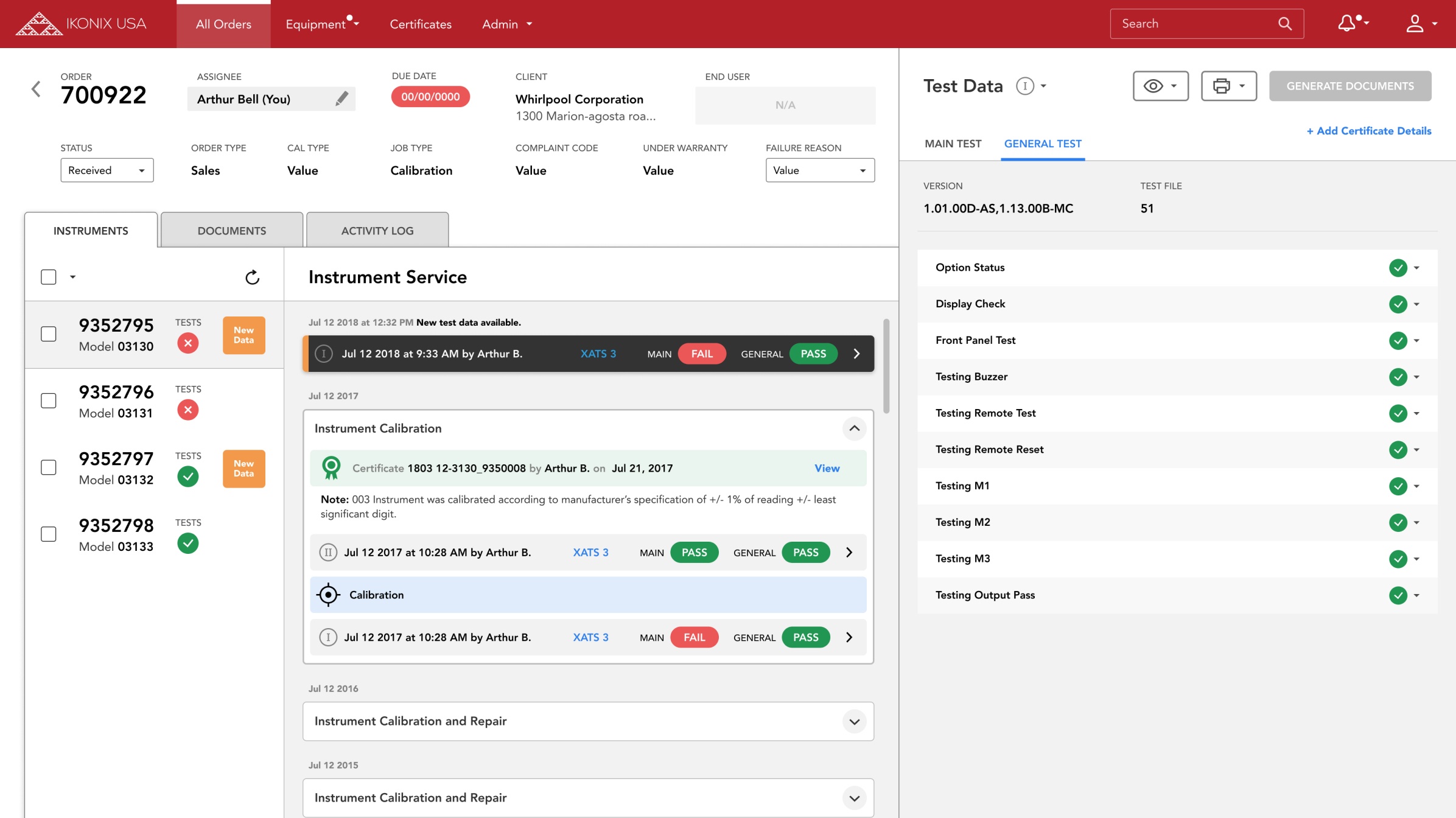
Types of enterprise systems for tech companies
There are three main types of enterprise systems: enterprise resource planning (ERP), supply chain management (SCM), and customer relationship management (CRM). Here’s a breakdown of each and how tech companies can benefit from them.
Enterprise resource planning (ERP)
Enterprise resource planning systems (ERP) manage day-to-day operations. Implementing an ERP system can help you integrate numerous applications throughout different departments, allowing them to communicate and share data in real-time. This eliminates errors and duplication of information. Within the technology sector, ERPs can be customized for specific teams and initiatives:
- Operations: This includes workflows, scheduling, quality control, and product life management.
- Human resources: Including data collection, recruitment procedures, training materials, and KPI measurements.
- Sales/marketing: Analyze and monitor trends in demand and buying patterns to shape smarter, more targeted marketing campaigns.
- Accounting: Including accounts received and accounts payable, cash management, real-time data sharing, and compliance.
- Inventory/order management: You’ll manage stock purchasing, organization, and transfers.
Supply chain management (SCM)
Supply chain management (SCM) enterprise solutions collect and collate data regarding the flow of goods, information, and finances, from the acquisition of materials from the manufacturer to product delivery to the customer. In the tech industry, this has the following applications:
- Inventory planning: Oversee product lifecycle management and enterprise assets.
- Order management: Collaboration with suppliers, shipping optimization, and risk mitigation.
- Production lines maintenance: Manage downtime minimization, maintenance scheduling, and safety compliance.
- Logistics: Driver information, fleet maintenance and management, and compliance.
- Global supply management: Timeline maintenance, planning, and reporting.
- Procurement: Budget tracking, quality assurance, supplier data, and contract management.
Customer relationship management (CRM)
Customer relationship management systems (CRMs) play a crucial role in daily business operations and strategic planning. The right enterprise system will be equipped to process and manage the large amount of data involved in the customer experience. CRMs have benefits across the following modules:
- Analytics: Synthesize data from your customers’ and leads’ interactions to better understand what your customers are looking for, when, and where—then optimize your marketing initiatives and test and monitor campaigns across channels.
- Customer service automation: Resolve customer requests and standardize a high-quality personalized support process, manage on-demand self-service support resources, chat and message in real-time, and automate account management touchpoints.
- Sales pipeline management: Get a dashboard view of sales pipelines, forecasting, and sales engagement. Track team performance to goal, generate and manage contracts,
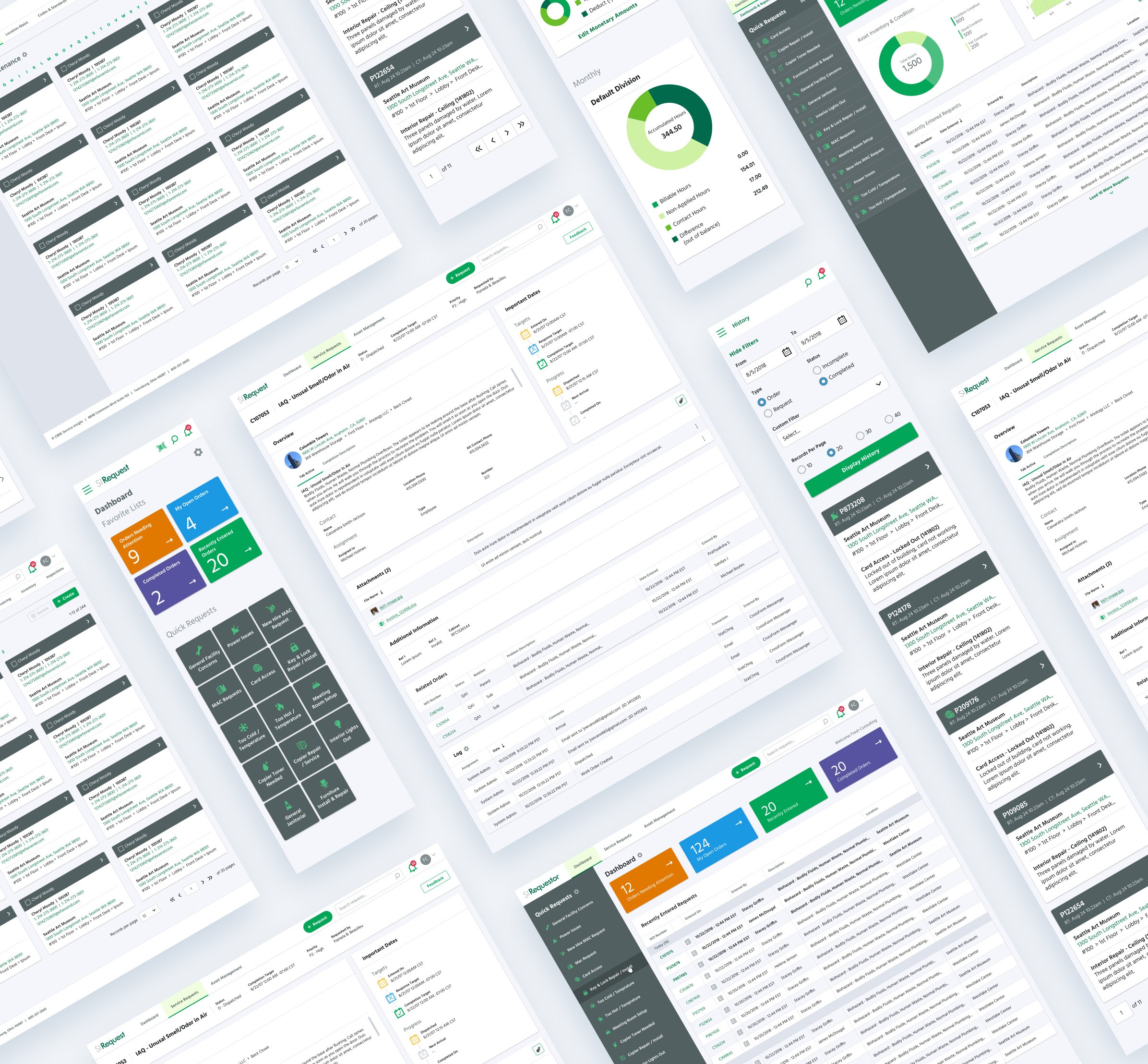
Unlock custom enterprise solutions with Fresh
Customized enterprise solution implementation can change how you do business, making your teams more efficient and workflows smarter, so you can focus more on your customers. In order to connect the right solution, we first understand and architect the functionality geared to your company and designed to grow with you. This means assessing which technology is right for your industry, company, and teams, architecting with third-party applications so your enterprise software works holistically and rigorously testing to ensure scalability.
If you want more efficient processes, more empowered employees, and more satisfied customers, you need an enterprise solution that’s built for the future.
Don’t let your legacy business processes hold you back. We’d love to hear about your pain points and growth plans so we can build a custom solution built for cross-functional success. Contact us for the next step.







